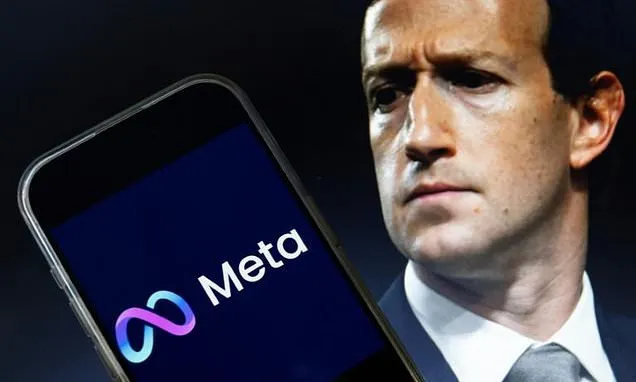Meta founder and CEO Mark Zuckerberg made his surprise announcement this week to slash content moderation policies in the United States.
There will be "real-world harm" if Meta expands its decision to scrap fact-checking on Facebook and Instagram, a global network warned Thursday while disputing Mark Zuckerberg's claim such moderation amounts to censorship.
Meta founder and CEO Mark Zuckerberg's surprise announcement this week to slash content moderation policies in the United States has sparked alarm in countries such as Australia and Brazil.
The tech tycoon said fact-checkers were "too politically biased" and the program had led to "too much censorship".
But the International Fact-Checking Network, which includes AFP among its dozens of member organizations globally, said the censorship claim was "false".
"We want to set the record straight, both for today's context and for the historical record," said the network.
Facebook pays to use fact checks from around 80 organisations globally on the platform, as well as on WhatsApp and Instagram.
There could be devastating consequences if Meta broadens its policy shift beyond US borders, to programs covering more than 100 countries, the International Fact-Checking Network warned.
"Some of these countries are highly vulnerable to misinformation that spurs political instability, election interference, mob violence and even genocide," the network said.
"If Meta decides to stop the program worldwide, it is almost certain to result in real-world harm in many places," it added.
- 'Real world consequences' -
In Geneva Friday, the United Nations rights chief also insisted that regulating harmful content online "is not censorship".
"Allowing hate speech and harmful content online has real world consequences. Regulating such content is not censorship," Volker Turk said on X.
AFP currently works in 26 languages with Facebook's fact-checking scheme.
In that program, content rated "false" is downgraded in news feeds so fewer people will see it and if someone tries to share that post, they are presented with an article
